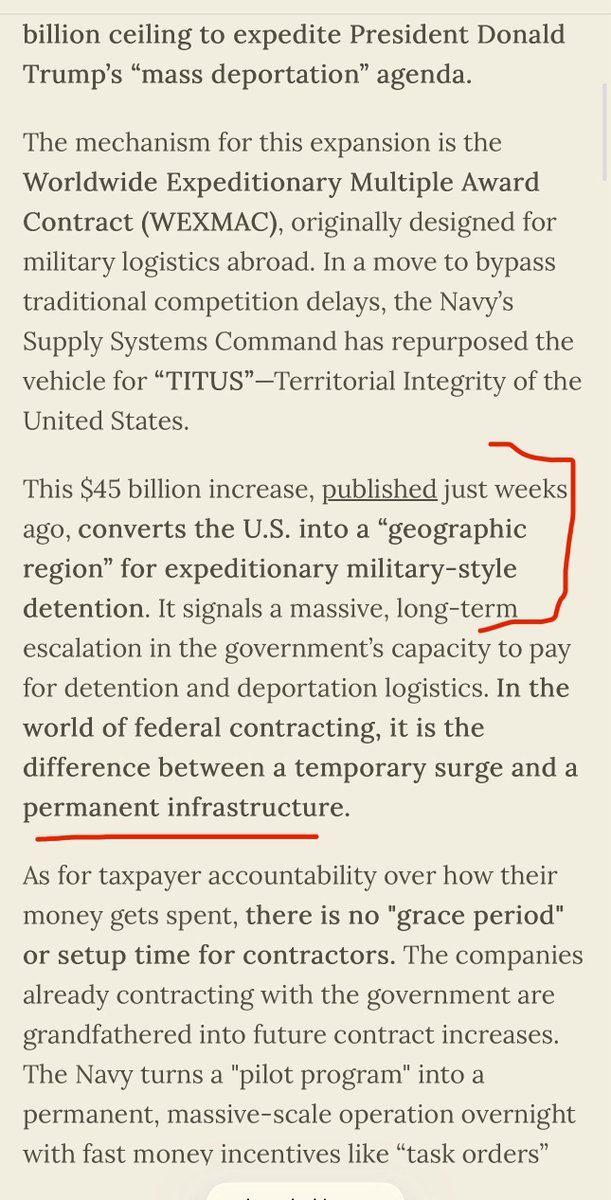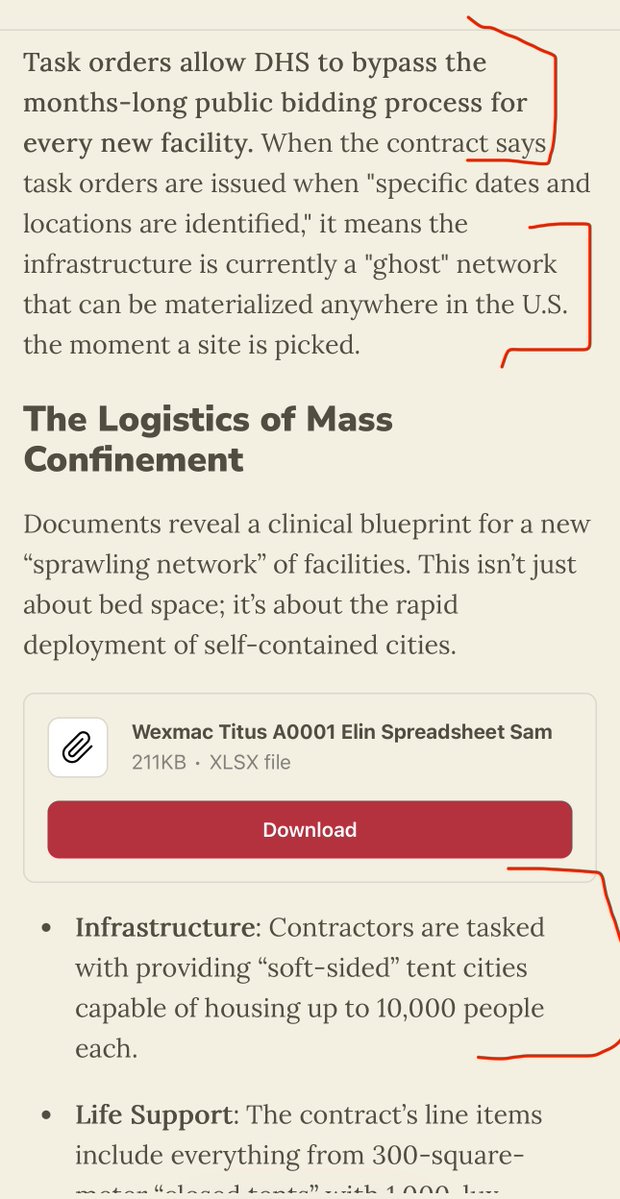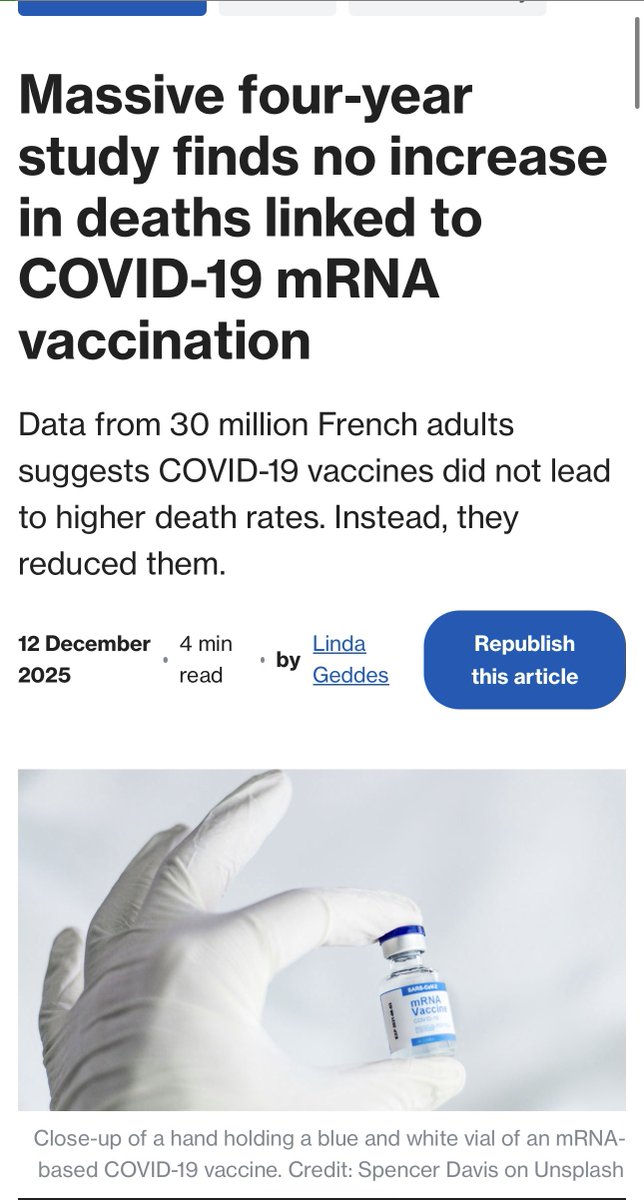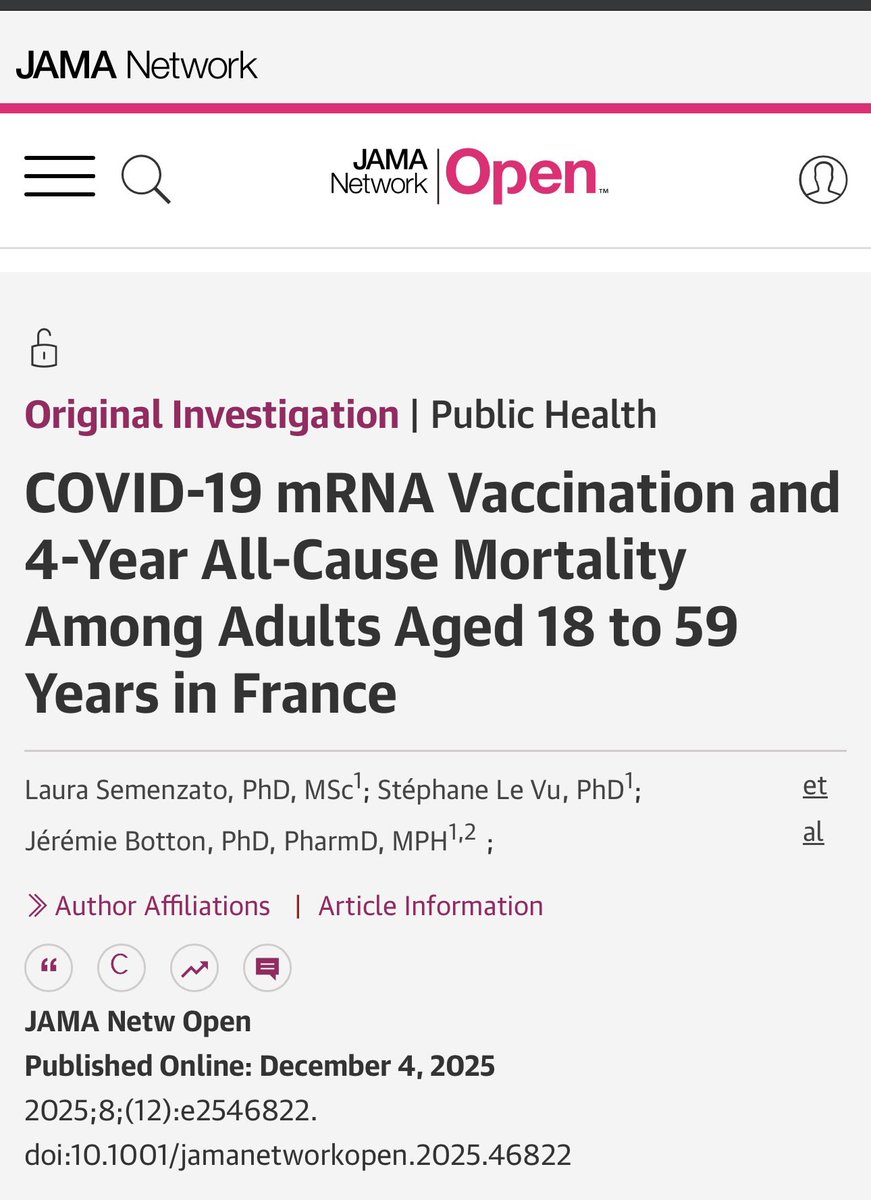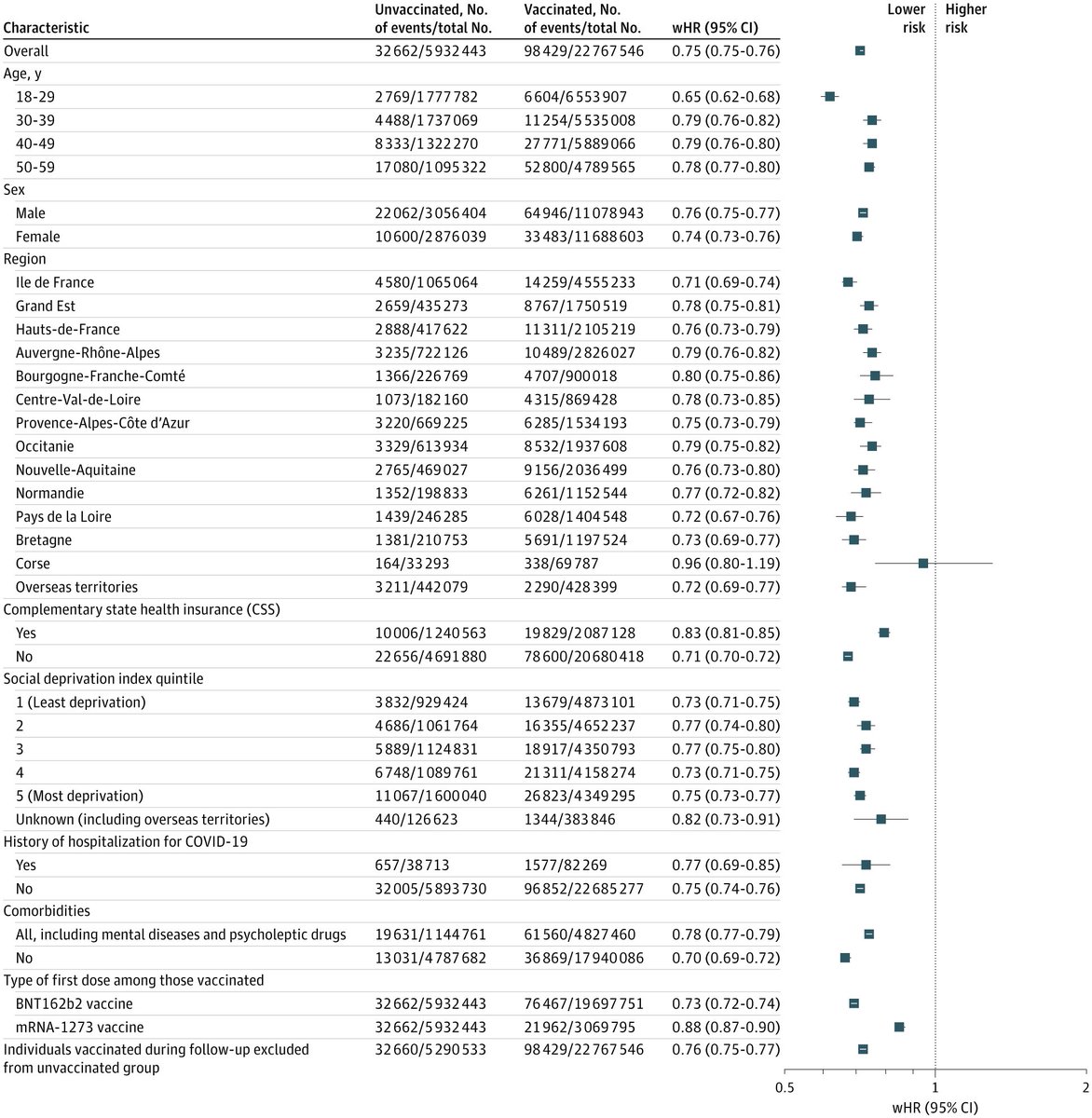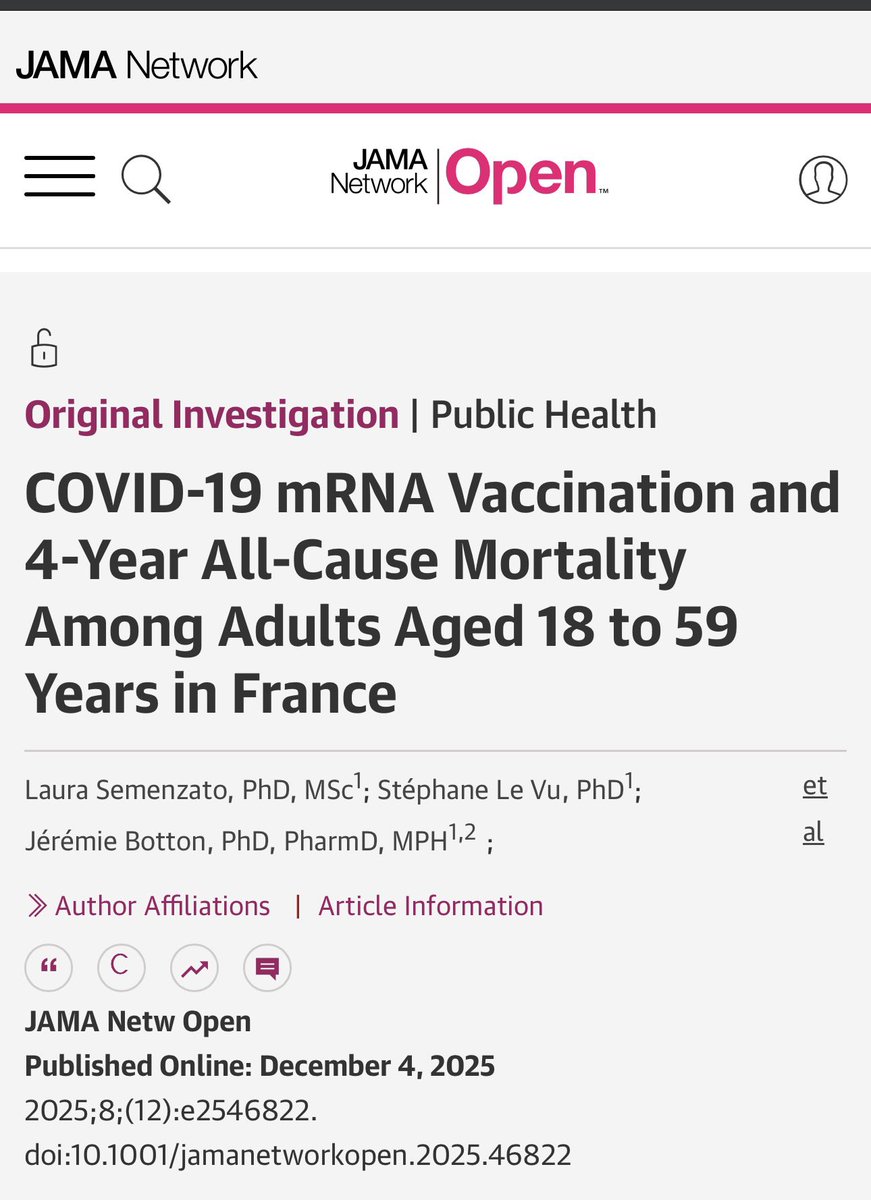I’m sorry—but @narendramodi’s authoritarian government can goto hell if they dare try to silence the true human suffering.
🔥HEADLINE: “India asks Twitter to take down some tweets critical of its #COVID19 handling” reut.rs/3axrjgj
🔥HEADLINE: “India asks Twitter to take down some tweets critical of its #COVID19 handling” reut.rs/3axrjgj

2) The Indian government asked social media platform Twitter (TWTR.N) to take down dozens of tweets, including some by local lawmakers, that were critical of India’s handling of the coronavirus outbreak, as cases of COVID-19 again hit a world record.
3) Twitter has withheld some of the tweets after the legal request by the Indian government, a company spokeswoman told Reuters.
The government made an emergency order to censor the tweets, Twitter disclosed on Lumen database, a Harvard University project.
The government made an emergency order to censor the tweets, Twitter disclosed on Lumen database, a Harvard University project.
4) In the government’s legal request, dated April 23 and disclosed on Lumen, 21 tweets were mentioned. Among them were tweets from a lawmaker named Revnath Reddy, a minister in the state of West Bengal named Moloy Ghatak and a filmmaker named Avinash Das.
5) The spokeswoman confirmed that Twitter had notified account holders directly about withholding their content and let them know that it received a legal order pertaining to their tweets.
6) The development was reported earlier by technology news website TechCrunch, which said that Twitter was not the only platform affected by the order.
7) Overwhelmed hospitals in India begged for oxygen supplies on Saturday as the country’s coronavirus infections have soared in what the Delhi high court called a “tsunami,” setting a world record for cases for a third consecutive day.
8) Modi is the ‘dear leader’ who also once was hailed for his “visionary leadership” for making India a “victorious nation in the fight against COVID”.
This is dystopian 1984 shit.
This is dystopian 1984 shit.
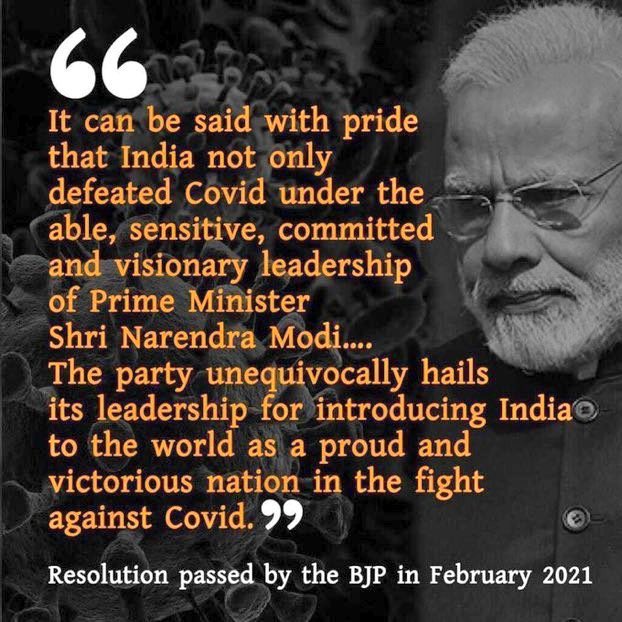
9) Meanwhile this was Modi’s health minister bragging in March how India is in the “endgame of the Covid pandemic”.
Beware pride before the fall.
Beware pride before the fall.

10) And then there is the huge undercount / coverup of total deaths from Covid in India.
https://twitter.com/DrEricDing/status/1386124397300391940
11) The true death toll in India may not be ever known. Because deaths aren’t being tracked properly. But we could conservatively easily see 1 million by August 2021 according to @IHME_UW
https://twitter.com/drericding/status/1385797607646285829
12) More silencing of critics with threats of property seizures by a Modi loyalist. Dystopian.
https://twitter.com/DrEricDing/status/1386576298072477696
• • •
Missing some Tweet in this thread? You can try to
force a refresh


